Persons
Sascha Topolinski
Publications (selection)
Topolinski, S. 2014.
"A Processing Fluency-Account of Funniness: Running Gags and Spoiling Punchlines.“ Cognition and Emotion, 28(5), 811-820.Topolinski, S., Lindner, S. & Freudenberg, A. 2014.
"Popcorn in the Cinema: Oral Interference Sabotages Advertising Effects.” Journal of Consumer Psychology, 24(2), 169-176.Topolinski, S., Maschmann, I. T., Pecher, D. & Winkielman, P. 2014.
"Oral Approach-Avoidance: Affective Consequences of Muscular Articulation Dynamics.” Journal of Personality and Social Psychology, 106(6), 885-896.Zürn, M., Gerten, J. & Topolinski, S. 2021.
"Maybe Favors: How to Get More Good Deeds Done." Journal of Experimental Psychology: Applied, 27(3), 503–507.Gerten, J. & Topolinski, S. 2020.
"Exploring the Temporal Boundary Conditions of the Articulatory In–Out Preference Effect." Psychological Research, 84, 558–567.Ruessmann, J. K. & Topolinski, S. 2020.
"Economic Decisions for Others Are More Favorable for Close than Distant Clients." Personality and Social Psychology Bulletin, 46(3), 393–407.Godinho, S., Garrido, M. V., Zürn, M., & Topolinski, S. 2019.
"Oral kinematics: examining the role of edibility and valence in the in-out effect." Cognition and Emotion, 33, 1094-1098.Silva, R. R., Koch, M.-L., Rickers, K., Kreuzer, G. & Topolinski, S. 2019.
"The Tinder™ Stamp: Perceived Trustworthiness of Online Daters and Its Persistence in Neutral Contexts." Computers in Human Behavior, 94, 45-55.Erle, T. & Topolinski, S. 2018.
"Disillusionment: How Expectations Shape the Enjoyment of Early Perceptual Processes."Experimental Psychology, 65(6).Keupp, S., Barbarroja, N., Topolinski, S. & Fischer, J. 2018.
"Are Monkeys Intuitive Aristotelians? Associations Between Target Size and Vertical Target Position in Long-Tailed Macaques." Royal Society Open Science, 5(4).Lindau, B. & Topolinski, S. 2018.
"The Articulatory In-Out Effect Resists Oral Motor Interference." Journal of Experimental Psychology: Learning, Memory, and Cognition, 44 (2), 209-220.Lindau, B. & Topolinski, S. 2018.
"The Influence of Articulation Dynamics on Recognition Memory." Cognition, 179, 37-55.Silva, R. R., & Topolinski, S. 2018.
"My username is IN! The influence of inward vs. outward wandering usernames on judgments of online seller trustworthiness." Psychology & Marketing, 35, 307–319.Erle, T. M. & Topolinski, S. 2017.
"The Grounded Nature of Psychological Perspective-Taking." Journal of Personality and Social Psychology, 112(5), 683-695.Erle, T. M., Reber, R. & Topolinski, S. 2017.
"Affect From Mere Perception: Illusory Contour Perception Feels Good." Emotion, 17(5), 856-866.Erle, T. M., Barth, N., Kälke, F., … Topolinski, A. 2017.
"Are Target-Shooters More Aggressive than the General Population?" Aggressive Behavior, 43(1), 3-13.Silva, R. R., Chrobot, N., Newman, E., Schwarz, N., & Topolinski, S. 2017.
"Make it short and easy: Username complexity determines trustworthiness above and beyond objective reputation." Frontiers in Psychology, 8, 2200.Topolinski, S. 2017.
"Articulation Patterns in Names: A Hidden Route to Consumer Preference." Journal of the Association for Consumer Research, 2(4), 382-391.Zürn, M. & Topolinski, S. 2017.
"When trust comes easy: Articulatory fluency increases transfers in the trust game.” Journal of Economic Psychology, 61, 74-86.Bakhtiari, G., Körner, A. & Topolinski, S. 2016.
"The Role of Fluency in Preferences for Inward Over Outward Words." Acta Psychologica, 171, 110-117.Noordewier, M. K., Topolinski, S. & Van Dijk, E. 2016.
"The Temporal Dynamics of Surprise." Social and Personality Psychology Compass, 10(3), 136-149.Remmers, C., Topolinski, S., Buxton, A., Dietrich, D. E. & Michalak, J. 2016.
"The Beneficial and Detrimental Effects of Major Depression on Intuitive Decision-Making." Cognition and Emotion.Remmers, C., Topolinski, S. & Koole, S. L. 2016.
"Why Being Mindful May Have More Benefits Than You Realize: Mindfulness Improves Both Explicit and Implicit Mood Regulation." Mindfulness, 7(4), 829-837.Topolinski, S., Bakhtiari, G. & Erle, T. M. 2016.
"Can I Cut the Gordian Tnok? The Impact of Pronounceability, Actual Solvability, and Length on Intuitive Problem Assessments of Anagrams." Cognition, 146, 439–452.Topolinski, S. & Boecker, L. 2016.
"Mouth-Watering Words: Articulatory Inductions of Eating-Like Mouth Movements Increase Perceived Food Palatability." Appetite, 99, 112-120.Topolinski, S. & Boecker, L. 2016.
"Minimal Conditions of Motor Inductions of Approach-Avoidance States: The Case of Oral Movements." Journal of Experimental Psychology: General, 145(12), 1589-1603O.Erle, T. M. & Topolinski, S. 2015.
"Spatial and Empathic Perspective-Taking Correlate on a Dispositional Level.” Social Cognition, 33(3), 187–210.Körner, A., Topolinski, S. & Strack, F. 2015.
"Routes to Embodiment.” Frontiers in Psychology, 6.Remmers, C., Topolinski, S. & Michalak, J. 2015.
"Mindful(l) Intuition: Does Mindfulness Influence the Access to Intuitive Processes?" The Journal of Positive Psychology, 10(3), 282-292.Remmers, C., Topolinski, S., Dietrich, D. E. & Michalak, J. 2015.
"Impaired Intuition in Patients with Major Depressive Disorder." British Journal of Clinical Psychology, 54(2), 200-213.Schneider, I. K., van Harreveld, F., Rotteveel, M., Topolinski, S., van der Pligt, J., Schwarz, N., & Koole, S. L. (2015).
"The Path of Ambivalence: Tracing the Pull of Opposing Evaluations Using Mouse Trajectories." Frontiers in Psychology, 6, 996.Topolinski, S., Erle, T. M. & Reber, R. 2015.
"Necker’s Smile: Immediate Affective Consequences of Early Perceptual Processes." Cognition, 140, 1-13.Topolinski, S. & Strack, F. 2015.
"Corrugator Activity Confirms Immediate Negative Affect in Surprise." Frontiers in Psychology, 6, 134.Topolinski, S., Boecker, L., Erle, T. M., Bakhtiari, G. & Pecher, D. 2015.
"Matching Between Oral Inward–Outward Movements of Object Names and Oral Movements Associated with Denoted Objects." Cognition and Emotion. 1-16.Topolinski, S., Zürn, M. & Schneider, I. K. 2015.
"What’s In and What’s Out In Branding? A Novel Articulation Effect for Brand Names." Frontiers in Psychology, 6, 585.Press releases
C-SEB members Dr. Michael Zürn, Dr. Judith Gerten and Prof. Dr. Sascha Topolinski have experimentally investigated what influences the willingness …
The Cologne based psychologist Sascha Topolinski was appointed as “APS Fellow” by the Association for Psychological Science for his extraordinary …
In the media
Psychology Today, 25.06.2021 | Michael Zürn, Judith Gerten & Sascha Topolinski
“If someone asked you for some help, would you provide it? In all probability, your answer would depend on a variety of factors […] a team of scientists at the University of Cologne examined an additional way to promote kind acts toward strangers, in this case, giving to charity. They call it the “maybe favor.” […] They found that people were more apt to agree to make a charitable donation when they knew that the donation might not actually go through. […] That being said, when it’s in proper, well-intentioned hands, the researchers are right in concluding that this approach also holds the potential to foster public-spirited acts of service that help others.”Link to article: https://www.psychologytoday.com/sg/blog/your-future-self/202106/new-way-bolster-acts-kindness
ntv, 25.04.2017 | o. A.
“‘Name ist Schall und Rauch’, lässt Goethe seinen Faust in der gleichnamigen Tragödie sagen. Dass dem gar nicht so ist und ein einfach auszusprechender Name sogar einen Vertrauensvorschuss beim Gegenüber bewirken kann, können Forscher nun belegen. […] Ein leicht auszusprechender Name vermittelt ein ‘gutes Gefühl’ und könne das Vertrauen in riskanten Situationen abrupt befördern, so das Team um Michael Zürn und Sascha Topolinski vom Social Cognition Center Cologne.”Link to article: https://www.n-tv.de/wissen/Einfacher-Name-weckt-mehr-Vertrauen-article19807979.html
Business Insider, 25.04.2017 | Nathalie Gaulhiac
“Vertrauen ist eine der wichtigsten Voraussetzungen, um eine Beziehung aufzubauen. […] Aber wie bringt man Menschen dazu, einem zu vertrauen? Neben psychologischen Tricks gibt es einen entscheidenden Faktor, der von Geburt an darüber bestimmt, ob Menschen eher dazu geneigt sind, euch zu vertrauen: Euer Name. […] »Im Experiment konnten wir sehen, dass leicht auszusprechende Namen mental sozusagen ‚flüssiger‘ verarbeitet werden. Das dadurch entstehende reibungslos ‚gute Gefühl‘ fördert das Vertrauen in unser Gegenüber, ohne dass wir uns dessen unmittelbar bewusst sind«, so der Sozialpsychologe Michael Zürn.”Link to article: https://www.businessinsider.de/mit-diesem-namen-wirkt-ihr-besonders-vertrauenswuerdig-2017-4
Welt, 24.04.2017 | o. A.
“Eltern können mit der Namenswahl die Zukunft ihres Kindes entscheidend beeinflussen. Forscher haben nun entdeckt, welche Voraussetzung ein Name erfüllen muss, um besonders vertrauenswürdig zu wirken. Leicht auszusprechende Namen vermitteln Forschern zufolge ein ‘gutes Gefühl’ und wirken in riskanten Situationen vertrauensfördernd. Zu diesem Ergebnis kamen die Kölner Sozialpsychologen Michael Zürn und Sascha Topolinski bei einem ökonomischen Spielexperiment […].”Link to article: https://www.welt.de/wissenschaft/article163961423/Diese-Vornamen-bekommen-einen-Vertrauensbonus.html
National Public Radio, 29.01.2015 | Shankar Vedantam
„Researchers asked this question: Is a company better off spending big money for a Super Bowl ad or buying several spots for that same amount of money at a less expensive time of the year? […] Sascha Topolinski in Germany recently conducted a study. He wasn’t studying the Super Bowl, but his research is spot on when it comes to describing how most Americans watch the Super Bowl. He finds that eating while you watch advertisements reduces the effects that advertising messages have on you.”Link to article: http://www.npr.org/2015/01/29/382326961/companies-wanting-immediate-sales-should-pass-on-super-bowl-ads
Kölner Stadt-Anzeiger, 01.01.2015 | Ni Klempt
„Heiße Getränke steigern unser Wohlbefinden. Aber nicht nur das. Ob wir etwas Warmes oder Kaltes in der Hand halten, kann beeinflussen, wie wir über eine Situation oder Person denken. […] Sascha Topolinski, Professor für Social and Economic Cognition an der Universität zu Köln, erklärt: ‘Warme Getränke sorgen für ein schönes Gefühl. Wenn wir sie trinken, fühlen wir uns wohl und sicher. Und genau dieses Gefühl übertragen wir auf andere’.”Link to article: http://www.ksta.de/psychologie/psychologie-ein-heisses-getraenk-als-problemloeser,15938558,29449488.html
Smartcompany, 05.06.2014 | Matt Abrahams
„Recent academic research points to specific behaviours you can invoke to become a more authentic, compelling speaker. […] Dr. Sascha Topolinski showed that subjects who saw words contained in a punch line prior to hearing the words repeated later in a joke, found the joke funnier and made the punch lines quicker to process.”Link to article: http://www.smartcompany.com.au/leadership/42271-three-things-to-remember-next-time-you-speak-in-public.html?start=
Scientific American, 01.05.2014 | Matthew Hutson
„Hints about the punch line of a joke or story may not spoil the fun […] Sascha Topolinski, a psychologist at the University of Cologne in Germany, studies processing fluency: when information is absorbed easily, it feels more true and beautiful.”Link to article: http://app1.scientificamerican.com/article/spoilers-can-make-a-joke-funnier/
Die Zeit, 18.02.2014 | Claudia Wüstenhagen
„Wenn von der Verbindung zwischen Körper und Geist die Rede ist, denken viele an Yoga, Atemübungen oder Kräutertee – an Popcorn eher nicht. Und doch wählte der Kölner Psychologe Sascha Topolinski ausgerechnet diese sündig-süße Materie als Werkzeug seiner jüngsten Studie. Topolinski erforscht, wie körperliche Bewegungen auf mentale Prozesse wirken. Er wollte wissen, ob Popcornkauen den Geist beeinflusst. Er hatte einen ungeheuerlichen Verdacht.”Link to article: http://www.zeit.de/index










